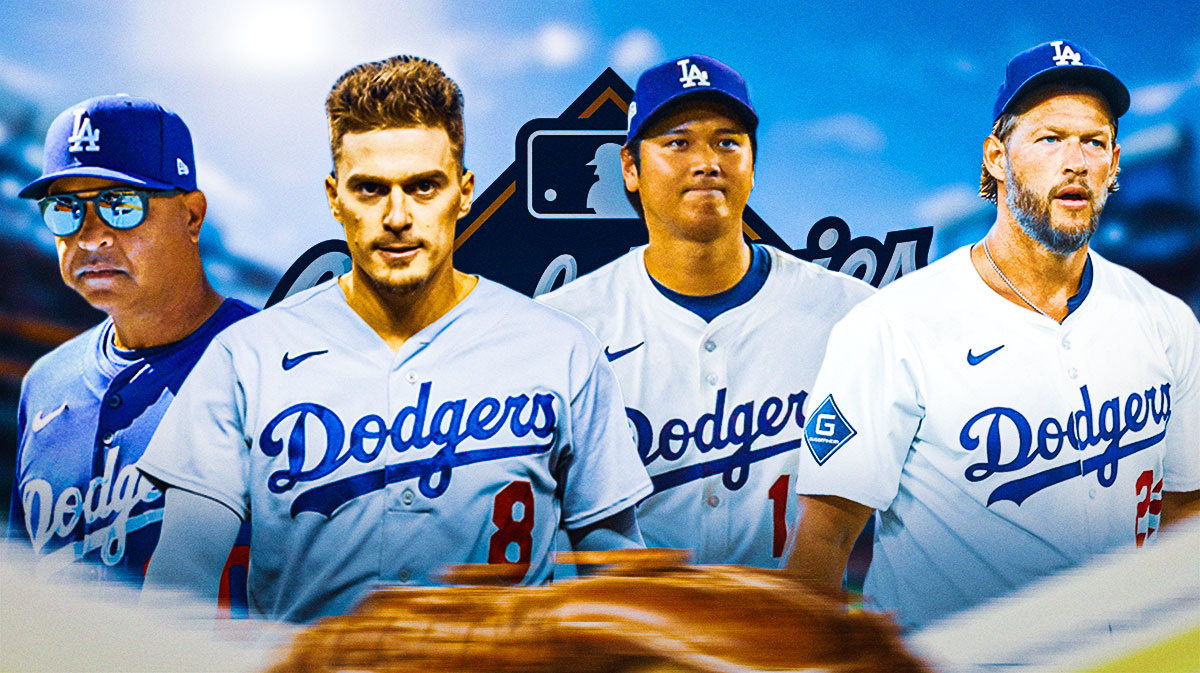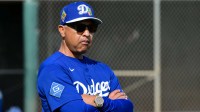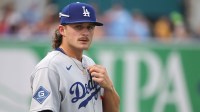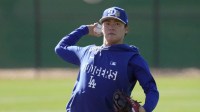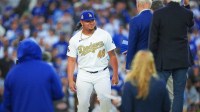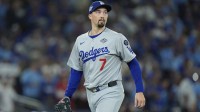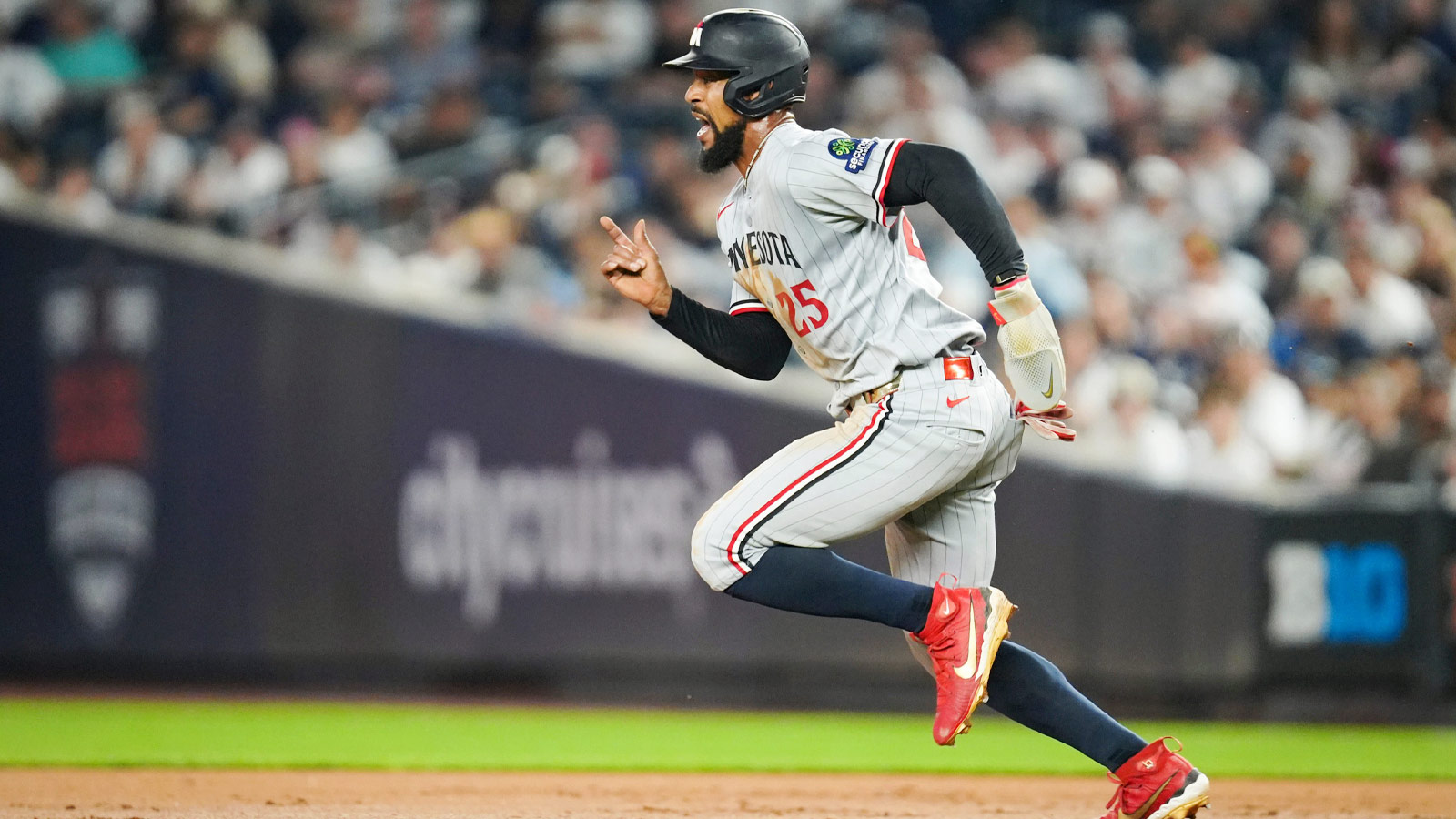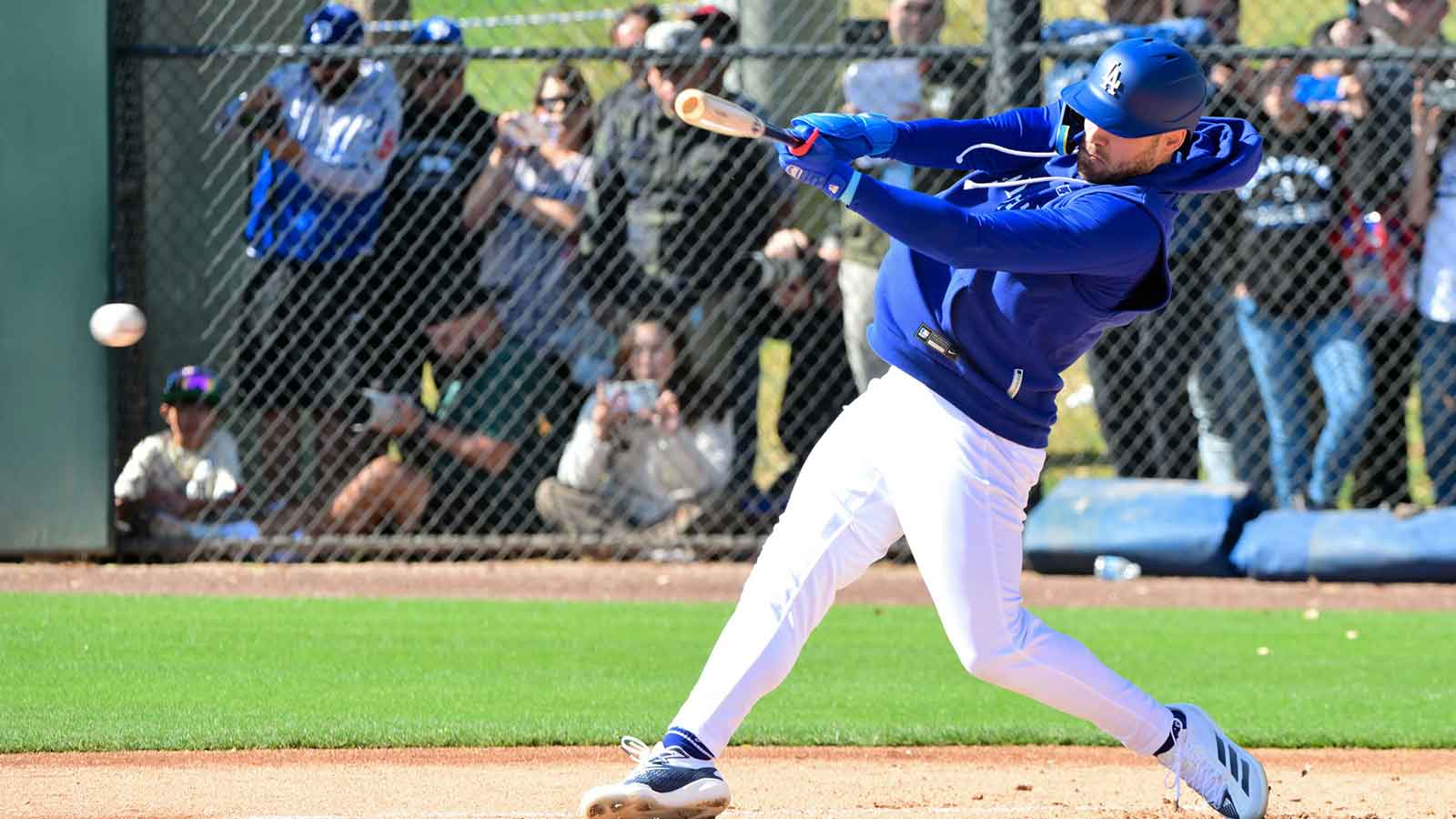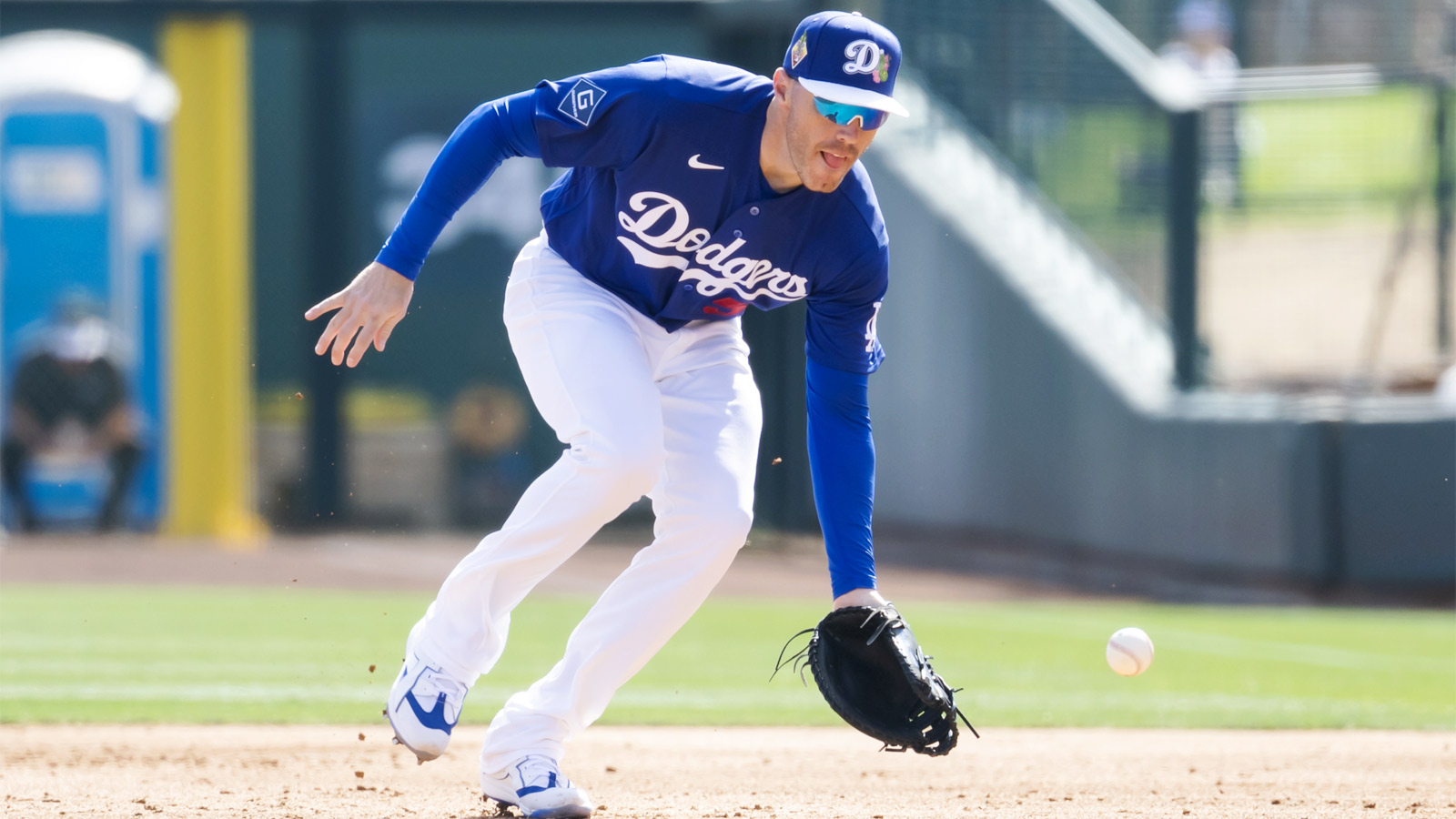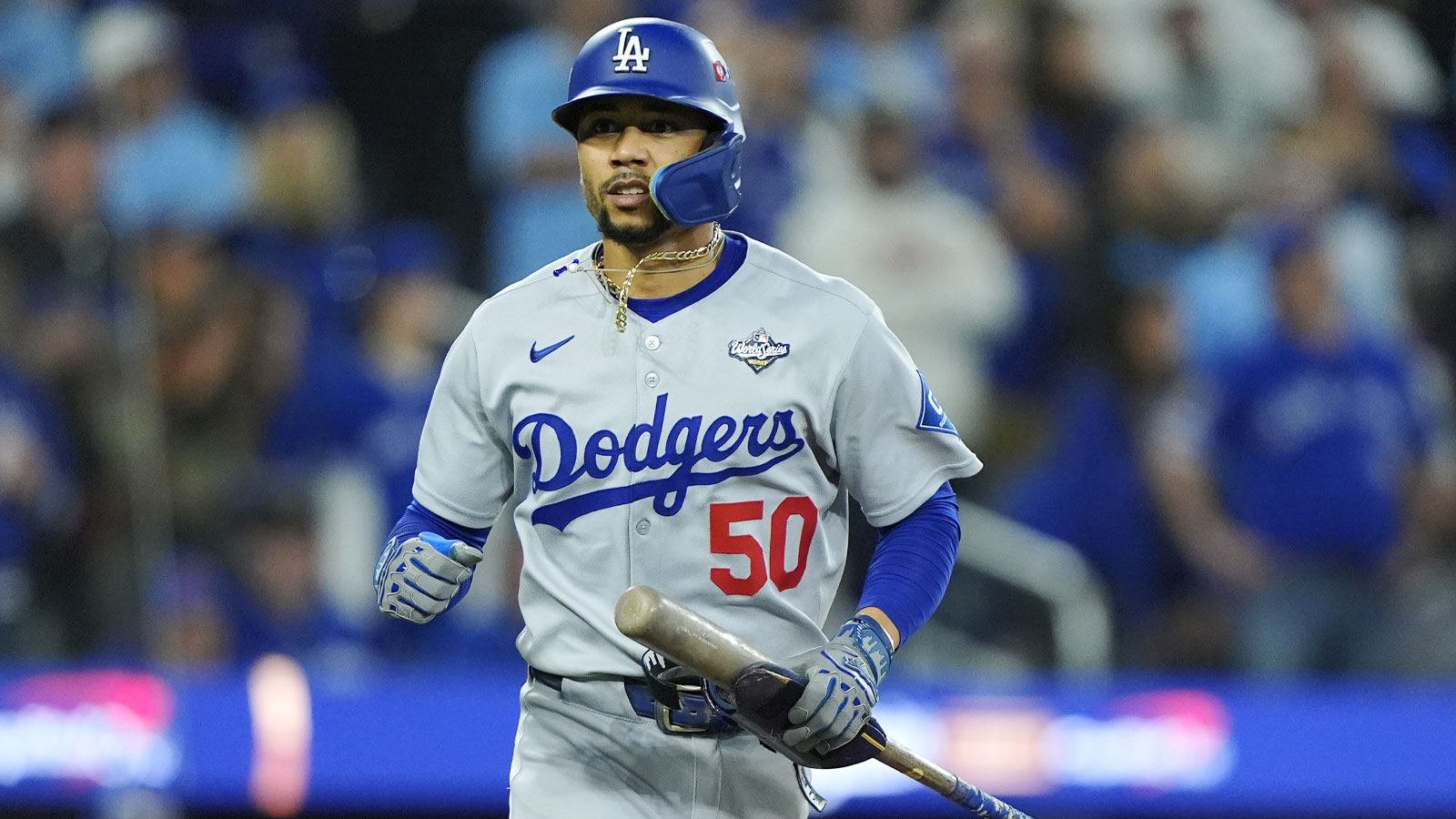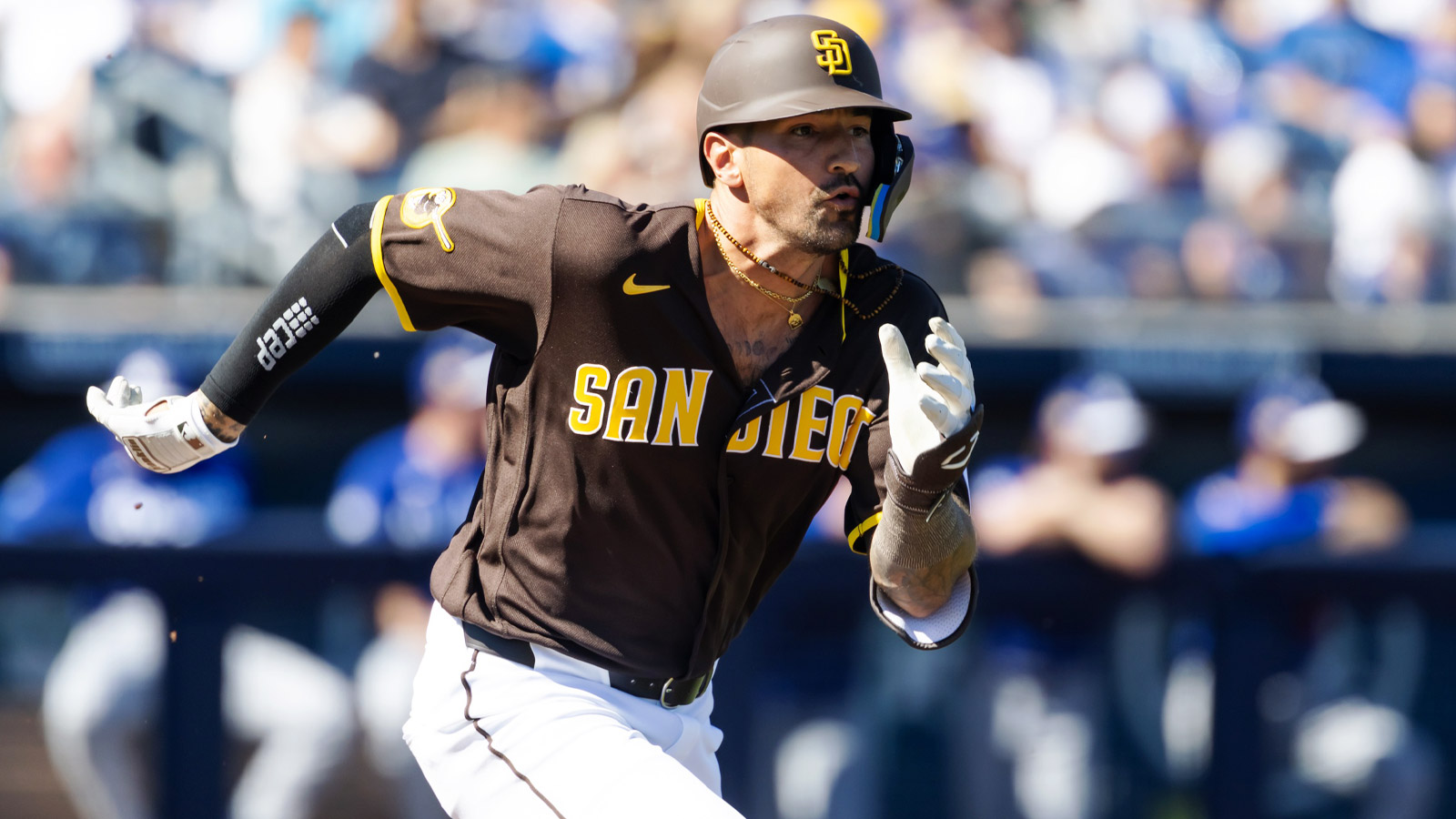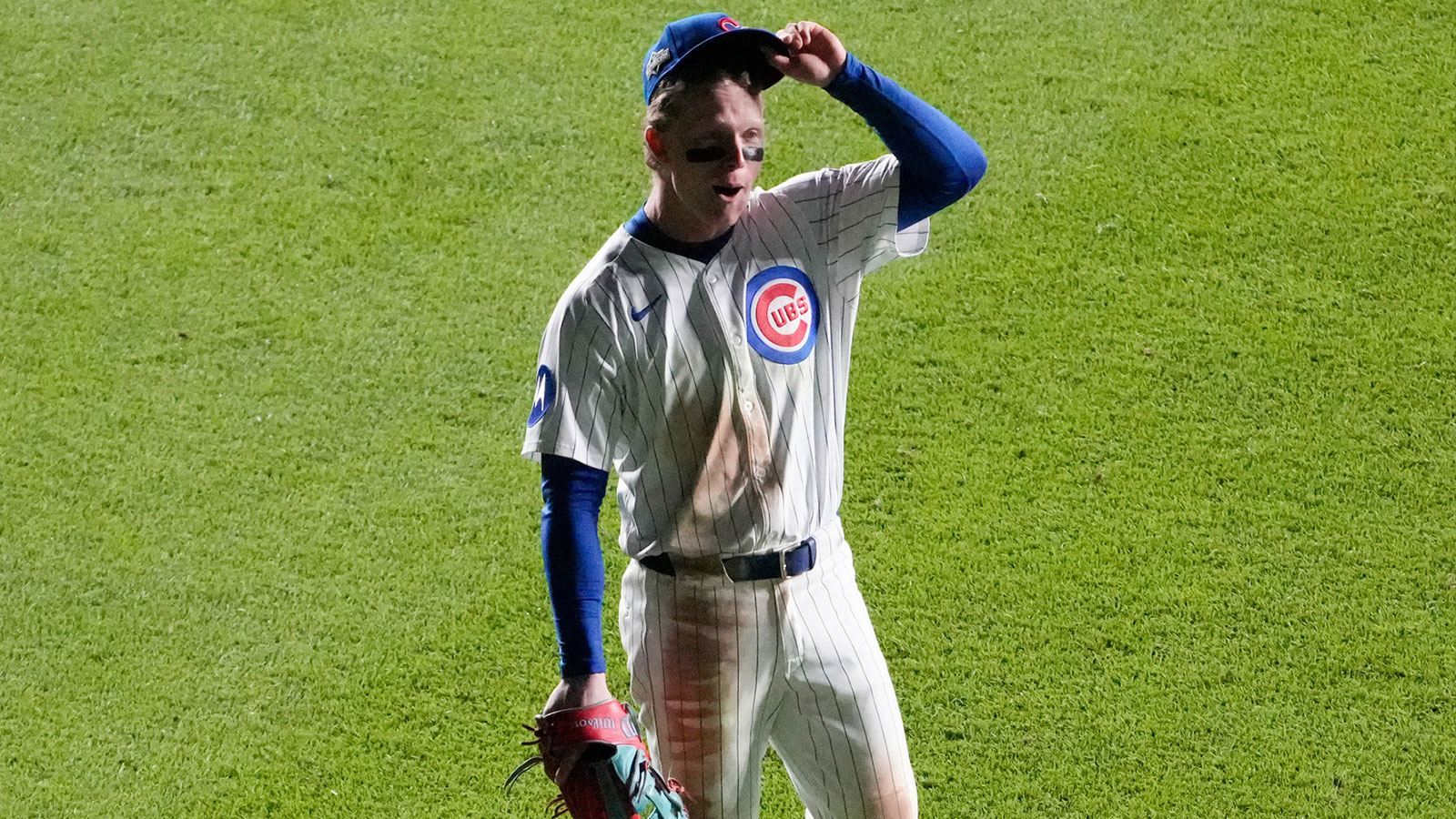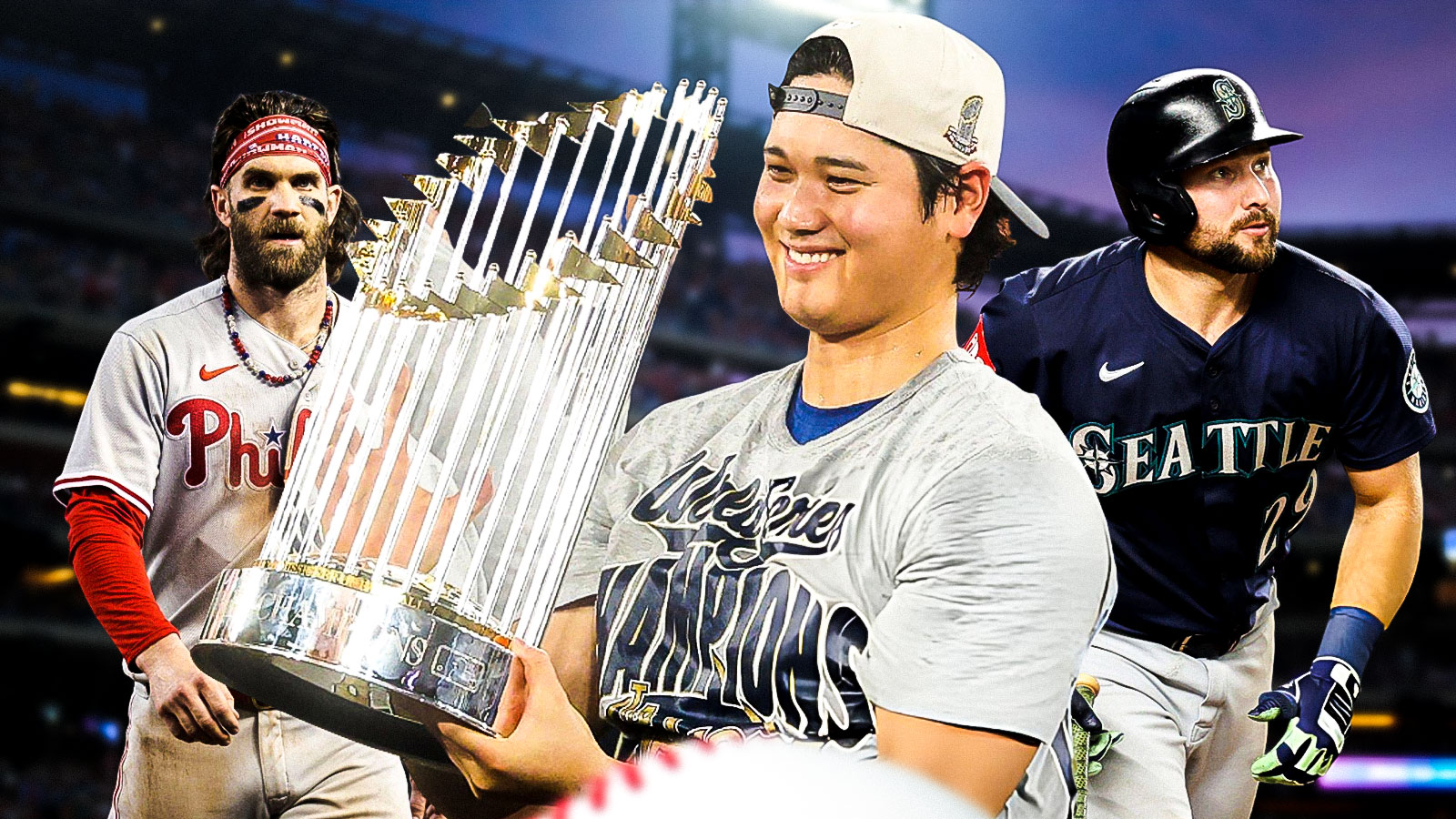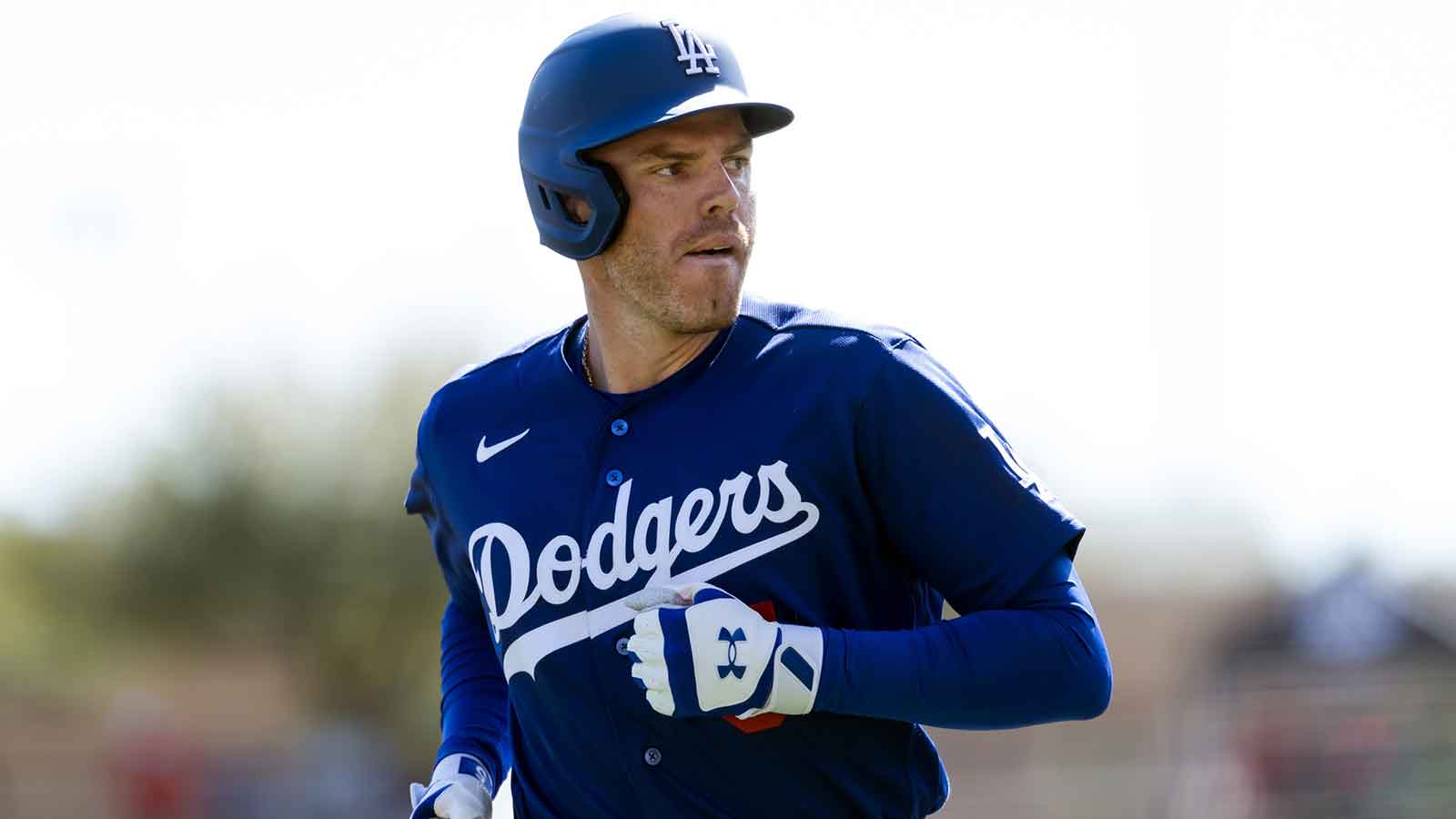It has become fashionable to bash dynasties and consistently root for parity. This point of view is easy to understand, but it entirely discounts the level of skill and mental toughness required to construct a perennial contender while also choosing to ignore the many heartbreaks that preceded a run of excellence.
The Los Angeles Dodgers won their second straight World Series when they defeated the Toronto Blue Jays in a seven-game thriller. In doing so, they flexed two underappreciated qualities that have made them the contemporary version of the late 90s New York Yankees.
Of course, star power, spending ability, and location have allowed the Dodgers to become a superpower in MLB. But both persistence and resourcefulness have been critical to the franchise’s rise towards baseball royalty. A closer look at the team’s staples points to a group that is battle-tested and guided by principles that lead to title wins.
The Dodgers have slowly built a dynasty around high-character players who have experienced devastating losses and boast a range of abilities that could be associated with a championship pedigree.
Past failures help build championship character
Before 2020, the Dodgers were largely known as a team that consistently came up short when it mattered most. Despite winning multiple National League West crowns, the group lost the World Series in both 2017 and 2018. Manager Dave Roberts was under fire after both losses, but the franchise continued to believe it had the right culture in place.
Stars such as future Hall of Famer Clayton Kershaw had failed to produce in the postseason, and role players such as Kiké Hernandez had yet to make their mark on a team that had not brought home a championship. It seems as though the losses stuck with those who had been around the organization for years.
“This is going to be my fifth (World Series), and I was on the wrong end of two,” Hernández told Gabe Smallson of Dodgers Nation before this year’s Fall Classic.
“And when you’re on the wrong end of these series, especially when you get all the way to the end, it’s not a good feeling. I remember what it felt like when we got there, and then we lost, so after losing two, you get to the point where you’re like, ‘All right, I’m not necessarily complacent or happy yet, till we do what we’re trying to do.’”
Past failures have allowed the roster’s mainstays to become more comfortable in October. Even after their triumph in the COVID-shortened 2020 season, Los Angeles did not return to the World Series until last season despite winning over 100 games in 2021, 2022, and 2023.
Success in MLB requires consistency during the regular season and some level of luck and ingenuity during the postseason. The Boys in Blue have learned how to traipse through a 162-game gauntlet and play their most impactful baseball during the tournament.
This trait is particularly reminiscent of the 2000 New York Yankees, who ended the year with a putrid 13-17 September, but went on to defeat the New York Mets for their third straight championship.
Not only do winning teams know what it feels like to lose, but they also understand what it takes to mentally reset and rise to the occasion.
Never was this more evident than when the Dodgers trailed the Blue Jays 3-2 and were forced to win two consecutive road games. Each game tested different aspects of their mental makeup and asked some of their stars to step up.
Despite a lackluster regular season and postseason, Mookie Betts delivered a two-run single that afforded them a 3-0 lead en route to a 3-1 victory. It was a massive moment for a team leader who had not been pleased with his performance up until that moment.
On the mound, Yoshinobu Yamamoto was brilliant in Game 6. The Bizen native tossed six innings of one-run baseball and struck out six batters in the process. He went on to win Game 7 one night later by pitching 2.2 scoreless innings out of the bullpen.
“I got a text last night that Yama was getting treatment to be ready for today,” Dodgers president of baseball operations Andrew Friedman told Tyler Kepner of The Athletic. “I kind of scoffed at it, like, ‘That’s great, he really cares, but the likelihood of that is pretty low.’
“And then today he got treatment again and said, ‘Hey, I feel really good, I’m able to go out and give at least an inning and we’ll see how my stuff holds.’ For him to have the same stuff that he had the night before is really the greatest accomplishment I’ve ever seen on a major-league baseball field.”
The Dodgers’ All-Stars are complemented by players willing to win by any means
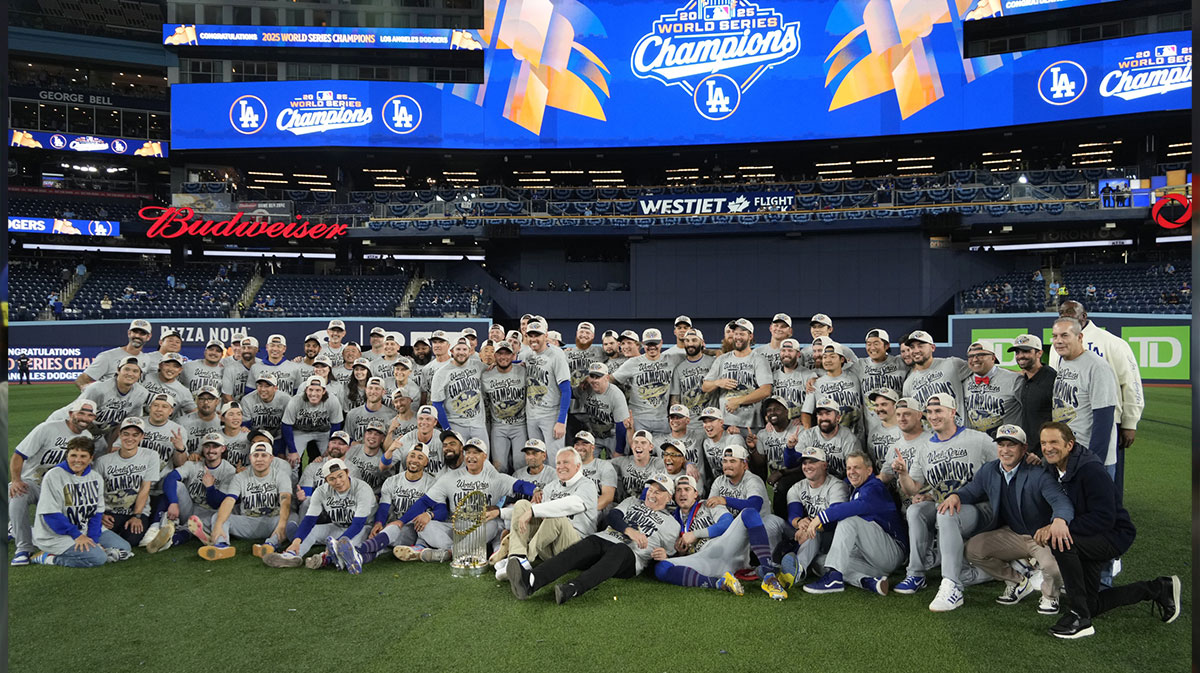
Betts, Shohei Ohtani, and Freddie Freeman have rightfully been the focal point of any discourse surrounding the Dodgers’ lineup. As far as their pitching staff is concerned, big names such as Yamamoto, Blake Snell, and Tyler Glasnow have received the majority of praise from fans and pundits.
While, of course, these individuals have been the driving force behind Los Angeles’ dynastic run, Hernandez, 2024 NLCS MVP Tommy Edman, and others, such as reliever Will Klein, second baseman Miguel Rojas, and outfielder Andy Pages, made their mark during the World Series.
One could legitimately argue that the Dodgers would not have made it to Game 7 without Klein’s Game 3 excellence. The 25-year-old was able to pitch four innings of scoreless baseball and picked up the win once Freeman belted a walk-off home run in the bottom of the 18th inning.
“In the postseason, people talk about the superstars,” Roberts told AJ Cassavell of MLB.com. “But a lot of times it's these unsung heroes that you just can't expect. … Tonight was Will Klein's night.”
In Game 7, Rojas drilled a game-tying solo home run with one out in the bottom of the ninth off Blue Jays closer Jeff Hoffman. The 12-year veteran was dealing with a lingering intercostal injury that was reaggravated during the club’s Game 6 celebration.
Just a half-inning after Rojas’ clutch home run, Pages made one of Game 7’s most critical plays when he tracked down an Ernie Clement fly ball in a tie game with the bases loaded and two away in the bottom of the ninth. The 24-year-old collided with Hernandez while chasing the ball, but preserved the team’s title hopes with his hustle.
“I was going to pull a Willie Mays, and then [Pages] tackled me, and I felt like I got dunked on, and I thought we lost,” Hernandez told ESPN’s Alden Gonzalez. “I was just down because I thought we lost. And he came up to me and said, ‘Are you OK?’ ‘F— that, do you have the ball?’ He’s like, ‘Yeah.’ I’m like, ‘Yeah, let’s go!'”
Much like the '90s Yankees, who benefited from players such as infielder José Vizcaíno and outfielder Shane Spencer, the Dodgers have developed and acquired individuals who are resourceful enough to exceed expectations under the bright lights of October.
Dave Roberts’ commitment to consistency has cultivated a championship culture
Roberts has repeatedly spoken about how the sport will ultimately favor teams and players who play the right way. The skipper reiterated this message following Rojas’ Game 7 heroics.
“Miggy Ro — I talk about the game honors you and right there the game honored him,” Roberts said. “He does things the right way, and he deserved that moment.”
The Dodgers' persistence and resourcefulness have been paramount to their success, but these factors, along with the franchise’s star power and developmental efforts, resulted in a dynasty, thanks in large part to the foundation that Roberts laid through the highs and lows of a game that respects grit and perseverance above all else.
“We've put together something pretty special, I do know that. I'm proud of the players for the fans, scouting, player development, all the stuff,” Roberts told reporters after the conclusion of Game 7. “To do what we've done in this span of time is pretty remarkable. I guess let the pundits and all the fans talk about if it's a dynasty or not, but I'm pretty happy with where we're at”.

